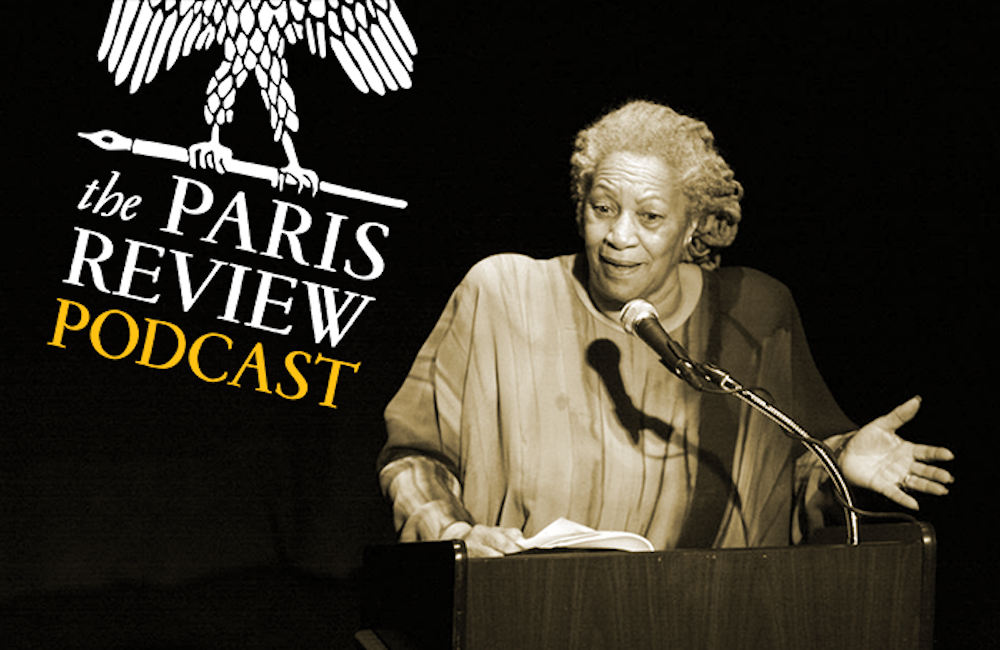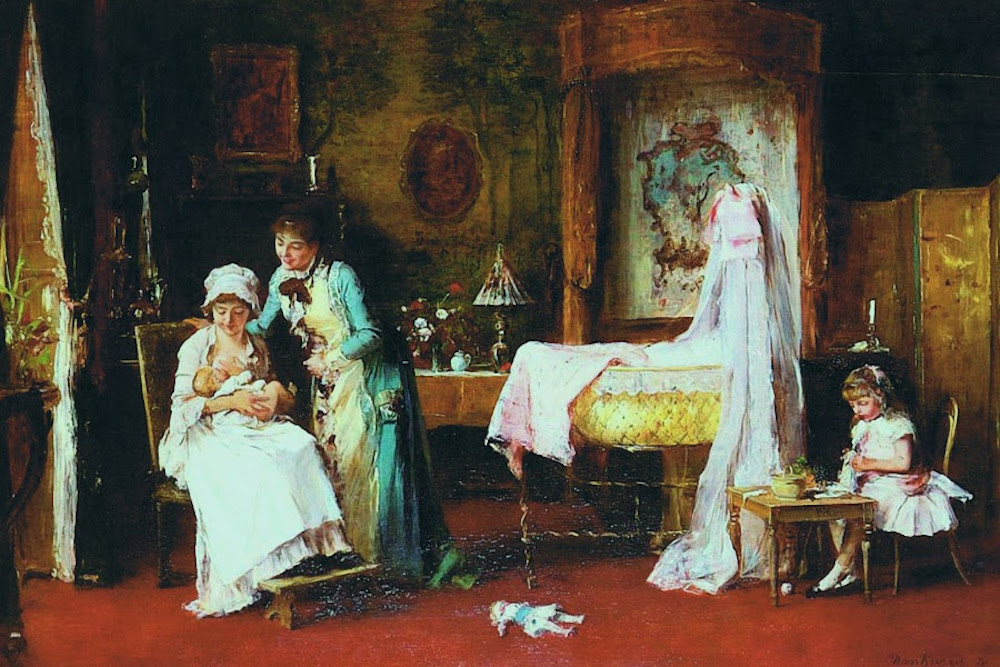Every week, the editors of The Paris Review lift the paywall on a selection of interviews, stories, poems, and more from the magazine’s archive. You can have these unlocked pieces delivered straight to your inbox every Sunday by signing up for the Redux newsletter.
This week, we’re listening to the first episode of The Paris Review Podcast Season 2! Read on for the pieces featured in the episode: Toni Morrison’s Art of Fiction interview, Mary Terrier’s short story “Guests,” and Alex Dimitrov’s poem “Impermanence.”
If you enjoy these free interviews, stories, and poems, why not subscribe to The Paris Review and read the entire archive? You’ll also get four new issues of the quarterly delivered straight to your door. And don’t forget to also subscribe to The Paris Review Podcast—a new episode comes out every Wednesday!
Toni Morrison, The Art of Fiction No. 134
Issue no. 128 (Fall 1993)
Sometimes something that I was having some trouble with falls into place, a word sequence, say, so I’ve written on scraps of paper, in hotels on hotel stationery, in automobiles. If it arrives you know. If you know it really has come, then you have to put it down.
Guests
By Mary Terrier
Issue no. 229 (Summer 2019)
The month after our mother died, our father began bringing women home. It felt like a behind-her-back kind of operation. “I’m going to have a guest over tonight,” is what he would say.
Impermanence
By Alex Dimitrov
Issue no. 227 (Winter 2018)
The first ending. And knowing it would end
I wanted another. Lover, summer,
pen with which to write it all down.
The first disappointment. Which is not
remembered but lives in the body …
If you like what you read, get a year of The Paris Review—four new issues, plus instant access to everything we’ve ever published.
from The Paris Review https://ift.tt/2NA6rZF



Comments
Post a Comment